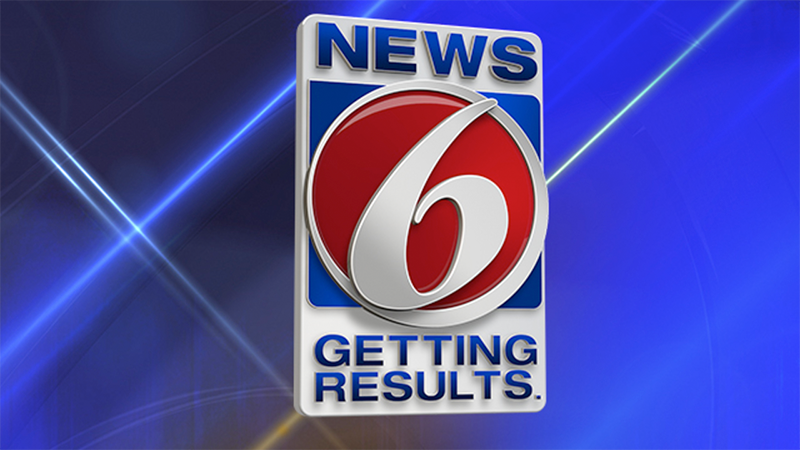As bars and nightclubs shut down in what could be a series of wide-reaching business closures, the outlook for many who work in services industries can seem bleak.
Hotels and theme parks are already feeling those effects, as all of the major Orlando theme parks and their associated hotels and restaurants close their doors. Hourly and non-essential employees have had their shifts cut drastically, with many left to wonder when their next paycheck would be arriving.
Recommended Videos
The American Hotel and Lodging Association, the nation’s largest trade association for hotel industry, is projecting 3.9 million job loss for the industry with current pace of occupancy decline for the year, according to company spokespeople.
“The economic impact on the hotel industry is already more severe than the 9/11 and 2008 recessions, combined," AHLA officials said. “The impact of the coronavirus pandemic on our 33,000 small business owners who operate 66 percent of hotel properties across the country has been extremely severe with many considering shuttering and closing their doors for good within days if they haven’t closed already.”
Small and family-owned businesses are becoming increasingly at risk as consumerism slows and travel subsides. AHLA predicts 33,000 small businesses will grind to a virtual halt across the country.
On Wednesday, Florida Senator Marco Rubio announced a plan to supplement small businesses to help financially through the pandemic.
I think there is broad general agreement that small business in the country will not be able to survive and will require extraordinary assistance," Rubio said. “The idea behind the proposal that we are finalizing now is how can we transfer money as quickly as possible to help small businesses meet payroll and operating obligations for a period of time roughly equivalent to six weeks.”
Maine Senator Susan Collins worked with Rubio on the plan and said it would come in the form of a loan that could potentially be forgiven.
“What our plan would do is provide a federally guaranteed loan to a small business, to help that business maintain its payroll for it employees and other customary charges such as utilities,” Collins said. “At the end of the period of time, probably around six to 8 weeks, the loan could be forgiven if it has been used to sustain those workers.”
On Monday, Gov. Ron DeSantis activated the Emergency Bridge Loan Program for Small Businesses Impacted by COVID-19. According to a news release from the governor, the loan program will provide short-term, interest-free loans to small businesses that experienced economic injury from COVID-19.
The application window for small businesses opened Tuesday and will remain open through May 8, 2020.
“As we mitigate against the spread of COVID-19, the health, safety and well-being of Floridians comes first,” DeSantis said. “I understand the harm mitigation strategies will have on small businesses throughout our state. By activating the Florida Small Business Emergency Bridge Loan, we are providing the opportunity for Florida’s small businesses to receive cash immediately to ensure they can lessen the impacts felt as a result of COVID-19.”
The Florida Department of Economic Opportunity will administer the Florida Small Business Emergency Bridge Loan Program in partnership with the Florida SBDC Network and Florida First Capital Finance Corporation to provide cash flow to businesses economically impacted by COVID-19.
The short-term, interest-free loans are meant to help bridge the gap between the time the economic impact occurred and when a business secures other financial resources, including payment of insurance claims or longer-term Small Business Administration (SBA) loans, according to the governor.
Up to $50 million has been allocated for the program, DeSantis said in a news release.
For more information on the program, visit www.floridadisasterloan.org.
For questions regarding the Emergency Bridge Loan Program, contact the Florida Small Business Development Center Network at 866-737-7232 or email Disaster@FloridaSBDC.org.
